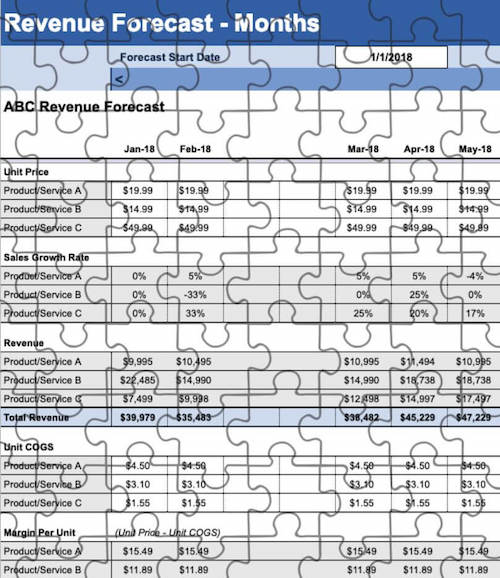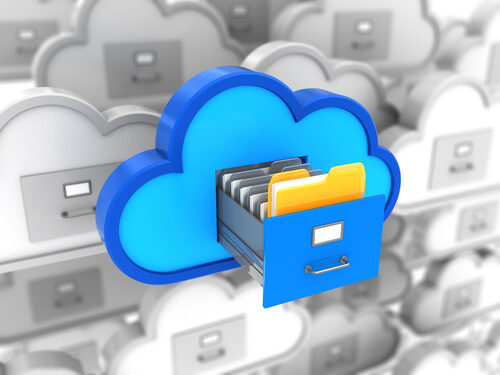As a business owner, should you trust a cloud service provider like Google or Microsoft with your business data? Well-publicized practices by companies like Facebook have caused business owners to look skeptically at cloud solutions.
But is the skepticism warranted for business services? If your business is paying for cloud services from vendors such as Google or Microsoft, your data is well-protected against loss or deletion by the vendors themselves.
The serious threats to your cloud business data are not from cloud vendors. The main areas of concern should include human error and login intrusion. These are part of what we’ll term the last yard of cloud data protection.
Let’s look at what the vendors do to protect your data and what you should be doing.
Free vs Paid Cloud Services
There is a big difference between the free consumer services provided by cloud vendors and paid cloud software.
When you use a free cloud application like Facebook or consumer Gmail, you are not actually a customer of the cloud vendor—you are part of a product that is sold to advertisers. You are agreeing to let the cloud vendors scan your posts and messages. This information is used to provide targeted advertising to you in exchange for the free use of their application.
When you become a paid customer, especially a business customer of a cloud vendor, the relationship changes. To retain your business as a customer, cloud vendors need to commit to keeping your information both secure and private. They do this on several levels.
How Business Files Are Protected
There are a number of ways cloud vendors ensure their customers’ data is kept private and secure:
1) Physical Security
The “cloud” that vendors provide is a number of geographically disparate buildings full of computer servers. These are known as data centers.
Vendors typically guard these with only slightly less zeal than the government guards Fort Knox. Data centers are usually surrounded by a steel fence. This perimeter security is just one of multiple levels of data center physical security.
Here’s a video about the security of Google data centers:
2) Data Security
Top cloud vendors like Google store business files differently from how files are stored on local servers.
Not only are multiple copies stored on different drives in a a data center, but each file is broken up into many fragments (like a jigsaw puzzle). Each of those fragments is stored on a different drive. Documents are reassembled in a user’s browser tab, on demand.

Because of this, even if someone somehow managed to get their hands on a drive (which would be a Mission Impossible style task), they would only have a small piece of any given file stored on it, making it completely useless.
3) Data Privacy & Protection
All of the security we’ve talked about would be meaningless if the vendors themselves ever shared your data. Unlike Facebook users, paying customers of cloud service providers can count on high data privacy standards.
Google, for example, has published a detailed white paper that provides a deep dive into their security and privacy practices for Google Workspace users.
Microsoft recommends implementing a data loss prevention (DLP) policy. This folds into the next level of prevention:
4) Securing The Last Yard of Your Cloud Business Data

The cloud vendors can only do so much. Your business has the responsibility for that last yard of the data protection fence. Considerations include:
- Ensuring that your users have strong passwords for their desktops and all their cloud apps
- Enforcing two factor authentication (a.k.a. two step verification)
- Preventing the accidental sharing of sensitive information
- Having a plan for accidental or malicious deletion of data by your own users
The fourth component of cloud business data security listed above can be addressed by backing up cloud data to a completely different cloud service provider. This way, if a cloud file is permanently deleted, it can be recovered from a third party cloud service.
Your managed service provider can help you address the last mile security components.


